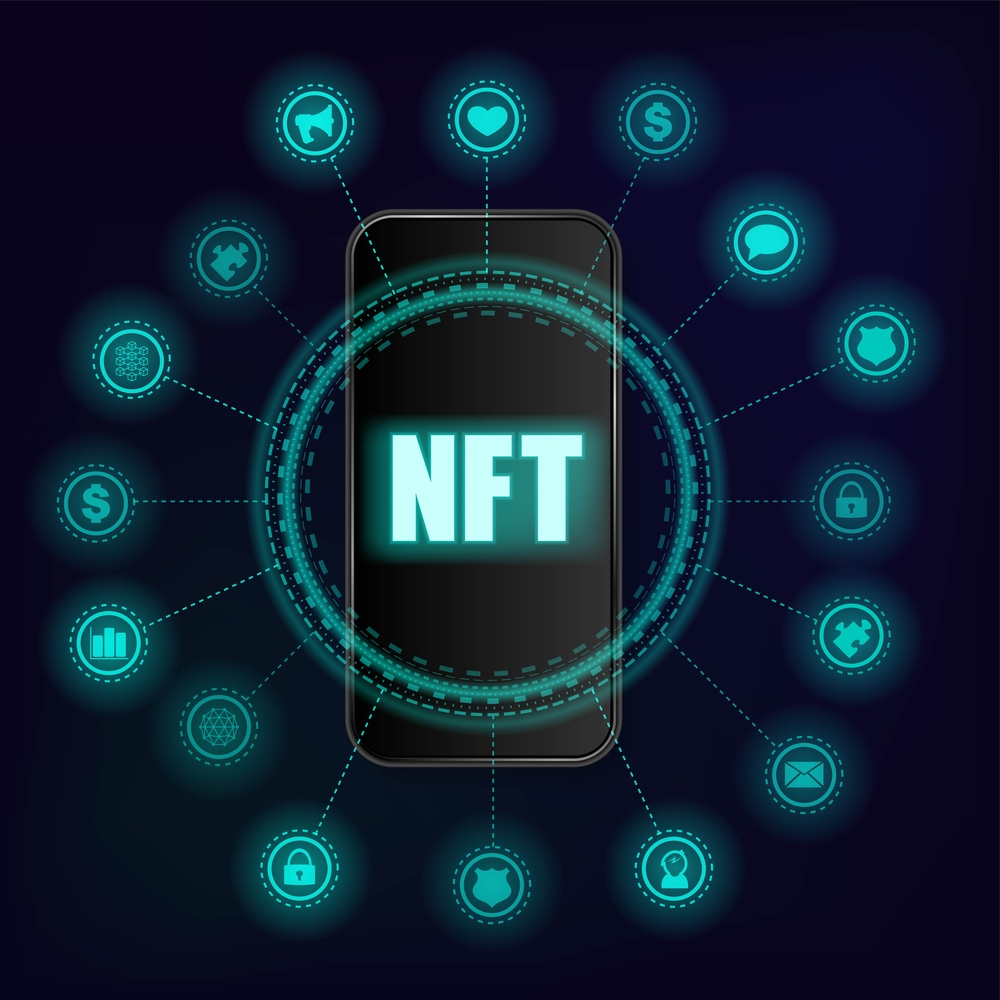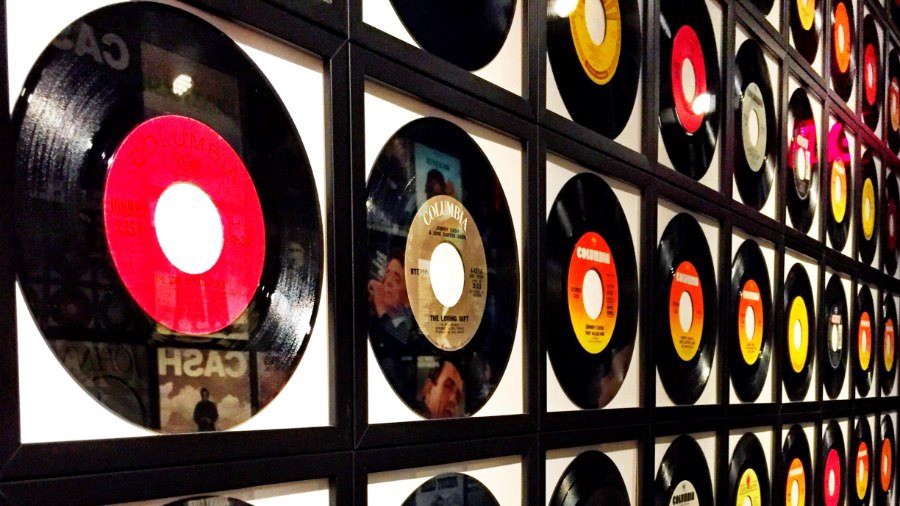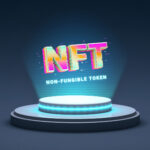There are a few big players in the music industry that are changing the industry with technology. One of these companies is Spotify. They offer a platform where artists can upload their music and consumers can listen to it for free. Although this has been good for the music industry, they have not completely changed the game yet. There is another company that is doing a lot of innovative things in the music industry and has the potential to change it in a different way. NFT, or Next Gen Streaming, is not only a platform that offers content to stream but it also offers a payment system. This payment system could make the game very different for artists, consumers, and other stakeholders in the industry.
What are NFTs?

Bitcoin is now known to most people, but few of them – even those who own some – really understand the technology. Blockchain technology provides Bitcoin with the ability to record and transfer data that cannot be erased or altered. A NFT can serve as a signature, or digital money (which is what Bitcoin is) or, in the case of NFTs, it can represent an original piece of art which has a limited run and is signed personally by the artist.
NFTs are similar to first editions of books or prints of paintings signed by the artists, or second-edition vinyl records signed by the band’s members. There is nothing stopping you from creating a bunch of NFTs of the same work, or only one – but the owner would only be able to transfer it and not copy it, even if it only existed in digital form, something that was previously impossible.
NFT is a new type of technology that can revolutionize the music industry in the same way that iTunes has done for the music industry. When you compare this new technology to iTunes, it is easy to see why it could do so much to the music industry. This blog goes into depth on how the music industry is being changed by this new tech and how it will have an effect on how consumers will find and listen to music.
How will NFT change the music industry?

Streaming services have been revolutionizing the music industry in recent years. Some are even saying that they are taking over. This is a huge concern for many musicians who rely on these streaming services to promote their music. NFT Art has emerged as a solution to the problem and in this blog, we highlight the top uses of NFT in the music industry.
For most people, their music collection is what they consider to be a personal thing. Even if it is shared with their friends, they still consider it to be something that is not for sale. NFT technology has a way of changing the music industry as we know it and, as a result, musicians can make more money. This blog highlights the top uses of NFT technology in the music industry.
On average, today’s musicians receive only 12 percent of the profits from the sale of their music or the streaming of it. Middlemen corporations (typically labels and streamers) take the rest of the money.
This would be a great improvement over the current streaming model, which pays a fraction of a penny per stream in an attempt to reduce the price of music and disincentivize piracy. When a song generates a large number of streams, that model works well. However, for artists whose music isn’t meant for mass audiences, but rather is felt by a smaller audience intimately, even the most devoted fans are worth pennies to the labels.
As a result, many of these artists have nowhere to go and, before the pandemic, many had turned to touring as a way to support themselves: Spotify does not reward their work. The record industry says that musicians are really in the ticket and T-shirt business. (It’s become a running joke that isn’t a joke that a record is a loss-leader and that they’re really in the shirt business.)

Then came Covid-19: all tours were canceled. 54 tour dates were postponed as a result of the Airborne Toxic Event. As a result, countless artists were suddenly left with no income, wondering why they were working in an industry where 90 percent of streaming income goes to the top 1 percent of artists, and 88 percent of the profits go to someone else entirely.
Because of this, outside observers might have thought that everyone in the music industry was obsessed with something called “NFT,” which stands for Non-Fungible Token.
Fine artists have already embraced the trend (where they receive approximately 50 percent of the profits from their original works after their agents take their cut). Beeple’s $69 million NFT sale was the culmination of a feeding frenzy of NFT sales by visual artists.
Rather than music videos, what actually sold was digital “collectible” versions of a record and experiences from backstage (or during the artistic process itself) that buyers could “own,” sell, display, or admire as a great representation of what they value about that artist.
What this phenomenon reveals is more important than the money-making promise NFTs make to musicians: In our culture, there is a vast disparity between what music adds to people’s lives and what they pay for it – prices that for years have been artificially kept low by large corporations to prevent so-called piracy that did far more harm than good to artists’ earnings.
CONCLUSION
Even though learning about cryptocurrency and non-fungible tokens (NFTs) can be challenging, the amount of money that is made and spent in this industry cannot be overlooked. The blockchain allows independent artists and musicians to create digital versions of their art, music, videos, photos, and just about anything else they can think of so that they can sell it. The musicians got interested for obvious reasons.




